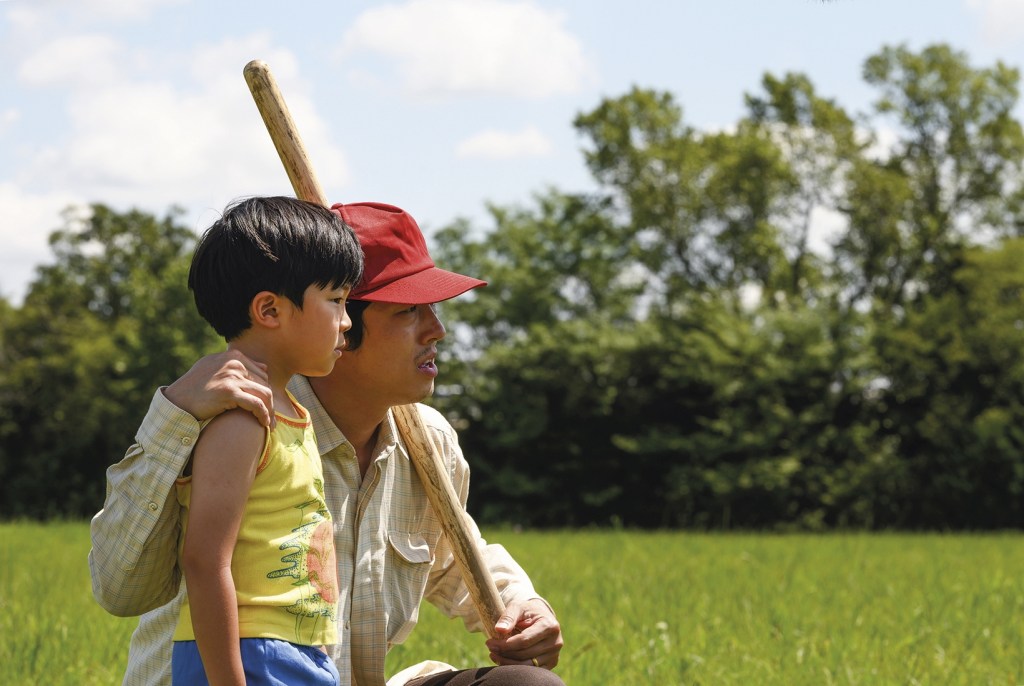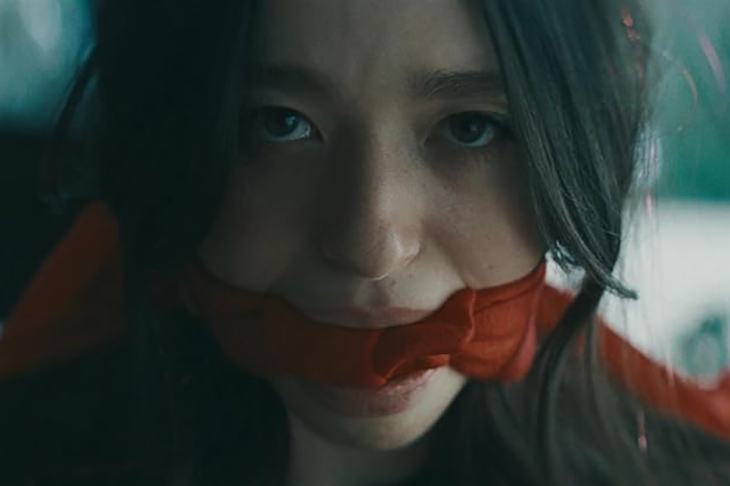In the summer of 2018, when film-maker Lee Isaac Chung was on the brink of giving up filmmaking and had accepted a teaching job, he found himself writing a list of what he remembered growing up as a Korean-American in rural America in the 1980s. These ‘little visual memories’ included, for example, the lunch pails his parents would take to their jobs at the chicken factory, or the minari — a herb used in Korean cookery and medicine — his father planted on their farm. This list became the film Minari, which lately won a Golden Globe and has been nominated for six Oscars. It is a work of extraordinary delicacy, poignancy and tenderness. Whatever else, teaching’s loss is entirely our gain.
A Korean-American family, headed by father Jacob (Steven Yeun) and mother Monica (Yeri Han), arrive in a small Arkansas town where he is hoping to start a farm. They’ve moved with their two American-born children, Anne (Noel Kate Cho) and six-year-old David (Alan S. Kim, cute as a button; you will so want to pinch his cheeks). But while Jacob has bought some version of ‘the American Dream’ his wife is not on the same page. She is not impressed with their accommodation, given it’s a mobile home mounted on breeze blocks. Also, it’s an hour from any hospital and she is worried about David, who has a heart murmur. (‘Don’t run, David!’, both parents are always yelling.) This is as much about the survival of a marriage as anything. Normally, I would take the woman’s side, but as Jacob puts it: would they wish to return to the city and the chicken factory where they both worked gendering baby chicks, which involved looking at ‘chicken butts’ all day? Personally, I would not.
There are dramatic, and possibly biblical moments, involving floods and a fire, but mostly the film is quietly played. There’s a friendship with the local oddball laborer. There’s the well-intentioned yet misguided attempts of the local community to be friendly. ‘Why is your face flat?’ a boy asks David. Then grandma (a magnificent Yuh-Jung Youn) arrives from Korea to live with them. She represents the weight of the past, presumably, as the family try to sort out their future, and she isn’t your regular grandma. She is raucous and sweary and doesn’t bake cakes. Initially David hates her, not least because she ‘smells Korean’. There are wonderfully comic moments, as when David takes his revenge on grandma for making him drink a horrible medicinal brew. Kim is wonderful, as are his cheeks. Cho is equally believable but my one complaint about this film is that her role is criminally underwritten. In many scenes she is either mute or forgotten. But it’s a niggle. I’m not about to start a ‘Justice for Anne!’ campaign.
I’ve seen Minari twice. The first time I was propelled by the narrative — will the farm succeed? Will they solve their water problem? Will David ever run? — and the second I noticed all the clever, subtle details. A tiny glance from Jacob to David asks: am I failing you, son? Everything is said, in that tiny glance. And there’s a scene late on, outside the back of a supermarket, between Jacob and Monica, that decides the fate of the marriage — or so you think. It is low-key with few words but is made devastating by the performances (Yeun and Han are superb). Also, there is metaphor, and the central metaphor of Minari is minari, planted from grandma’s seeds down at the creek. Will it thrive in foreign soil? But this is subtle too.
Beautifully filmed, Minari was made in just 25 days for $2 million, and yet you will care more about this family than you ever do for, say, one of those Marvel characters who come in at $678 billion a throw. Teaching’s loss, our gain.
This article was originally published in The Spectator’s UK magazine. Subscribe to the US edition here.

























